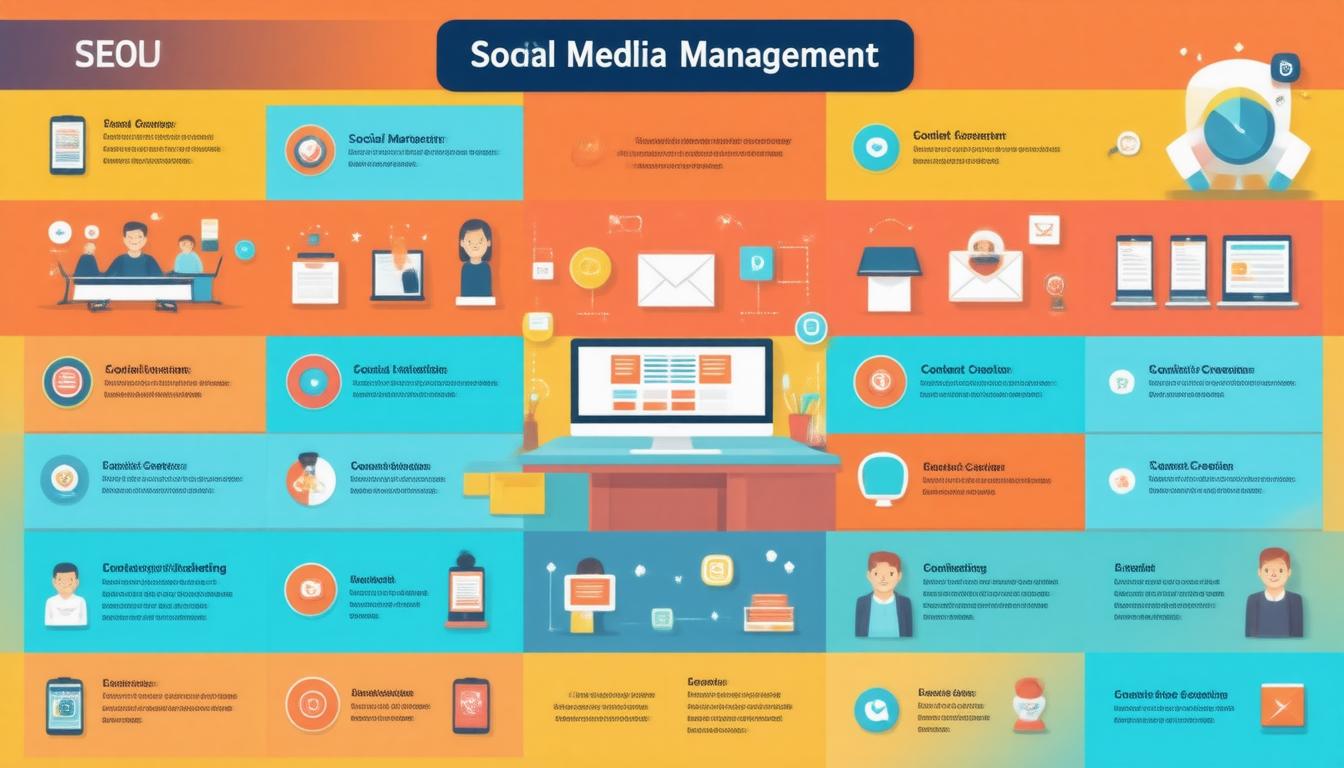Google has launched Gemini 2.0, its latest AI model incorporating advanced autonomous capabilities and multimodal features. This new release represents a shift towards viewing AI chatbots as AI Agents—customized systems that employ generative AI to effectively engage with users and perform tasks in real time. Google CEO Sundar Pichai noted that the system’s enhanced multimodal abilities, including native image and audio outputs, are pivotal in creating a universal assistant.
Building on the groundwork laid by Gemini 1.5, Gemini 2.0 introduces improved reasoning capabilities, text-to-speech, and native image generation. The newly released Flash variant is reported to surpass the prior Pro model in key metrics and operates at double the speed. Available through Google Advanced, a paid subscription, users can also explore the model via Google AI Studio, which allows for extensive context uploads and tailored response settings.
The Gemini 2.0 interface is complex and slower than its predecessors, particularly when processing lengthy documents, but it delivers accurate outputs without hallucinations. The introduction of a ‘Deep Research’ feature allows users to engage with complex topics deeply, competing with other research-focused AI tools by providing a customizable investigative approach.
Additionally, Google demonstrated Project Astra, an AI assistant built on Gemini 2.0, capable of real-time interaction using device inputs. Astra is designed to hold multilingual conversations and retains conversation context for up to ten minutes, aiming to enhance user experience with fast, context-aware responses.
Google’s advancements come in the midst of competitive pressure from OpenAI and other AI companies, including the recent update from Anthropic, which offers its own models at similar pricing. Both companies are targeting the growing demand for generative AI solutions in various applications, including research, coding, and interactive support. Google is set to further integrate Gemini 2.0 across its products, starting with experimental access before broader implementation in January.
For inquiries, contact AI Security Edge at info@aisecurityedge.com or visit our website at aisecurityedge.com. Follow us for updates and insights.




